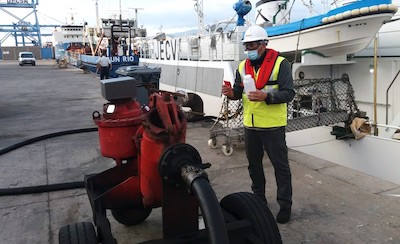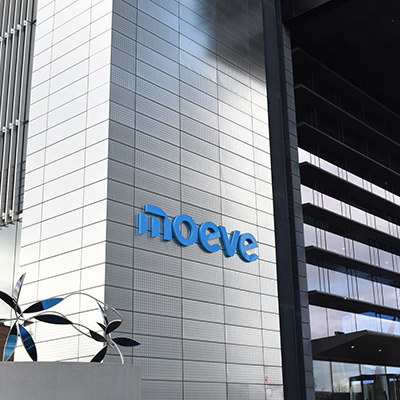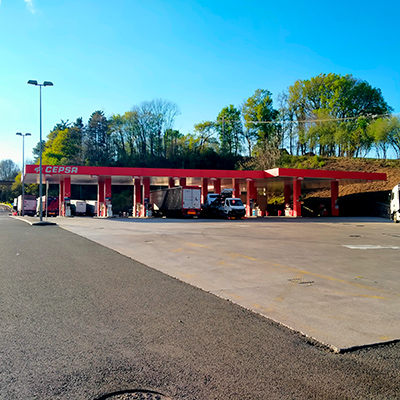- Cepsa's bunker subsidiary in the Canary Islands has always been known to strive for continuous improvement in this area.
- The commitment from management and the consultation and active participation of employees at all levels are the hallmarks of this voluntary certification.
Petróleos de Canarias SA (Petrocan), a subsidiary of Cepsa dedicated to the reception, storage and supply of marine fuels in the ports of Santa Cruz de Tenerife and Las Palmas de Gran Canaria, has renewed the certification of its Occupational Health and Safety System (SST) under the ISO 45001 standard, which it earned for the first time in 2020.
To do this, it successfully passed an audit carried out by the external verifying entity AUDELCO, in which 17 professionals from different areas of both Cepsa and Petrocan participated for two days, where compliance with the applicable legal requirements on health and safety and others voluntarily subscribed by the organization was demonstrated.
This occupational health and safety standard, implemented voluntarily last year to replace OHSAS 18001 (Occupational Health and Safety Assessment), incorporates improvements and reinforces the preventive culture that has always defined Cepsa’s operating centers and those of its subsidiaries, proactively reducing risks.
The director of Cepsa in the Canary Islands, José Manuel Fernández-Sabugo, wanted to congratulate Petrocan staff "for their long history of continuous improvement in everything related to safety. Scrupulous compliance with preventive planning is part of the success, as is the constant updating of risk assessments, along with the training and participation of all workers."
"Evaluations like this allow us to assess the effectiveness of our Health and Safety System. We must never let our guard down, but always be on the lookout for new opportunities that will lead us to minimize risks and avoid any danger," he said.
Improvements incorporated under the certification
Strengthening the leadership and commitment of senior management stand out among the improvements resulting from this voluntary certification, which has now been renewed. Other aspects include promoting the consultation and active participation of workers at all levels by providing the mechanisms, time, training and resources needed to achieve this.
The company must not only protect, but also promote physical and mental health among its workers, with the goal of achieving wellbeing in the workplace in terms of their emotions or feelings about their work and professionalism (assessment, respect, development, etc.), along with other aspects that can improve the working environment (work-life balance, flexibility of working hours, remote working etc.).
In addition, this standard places greater emphasis on the need for continuous improvement and on the development of indicators to demonstrate this progress, all through ongoing evaluation and monitoring.




